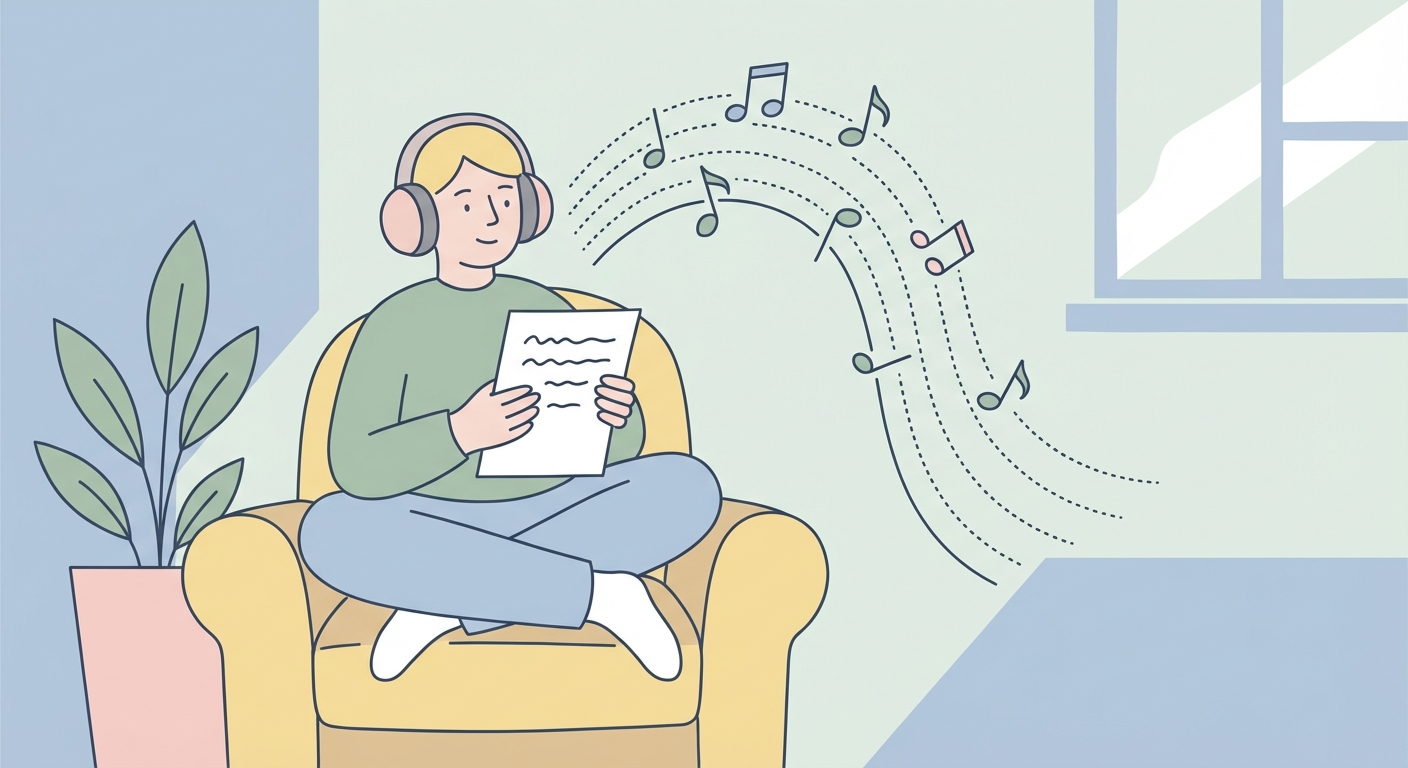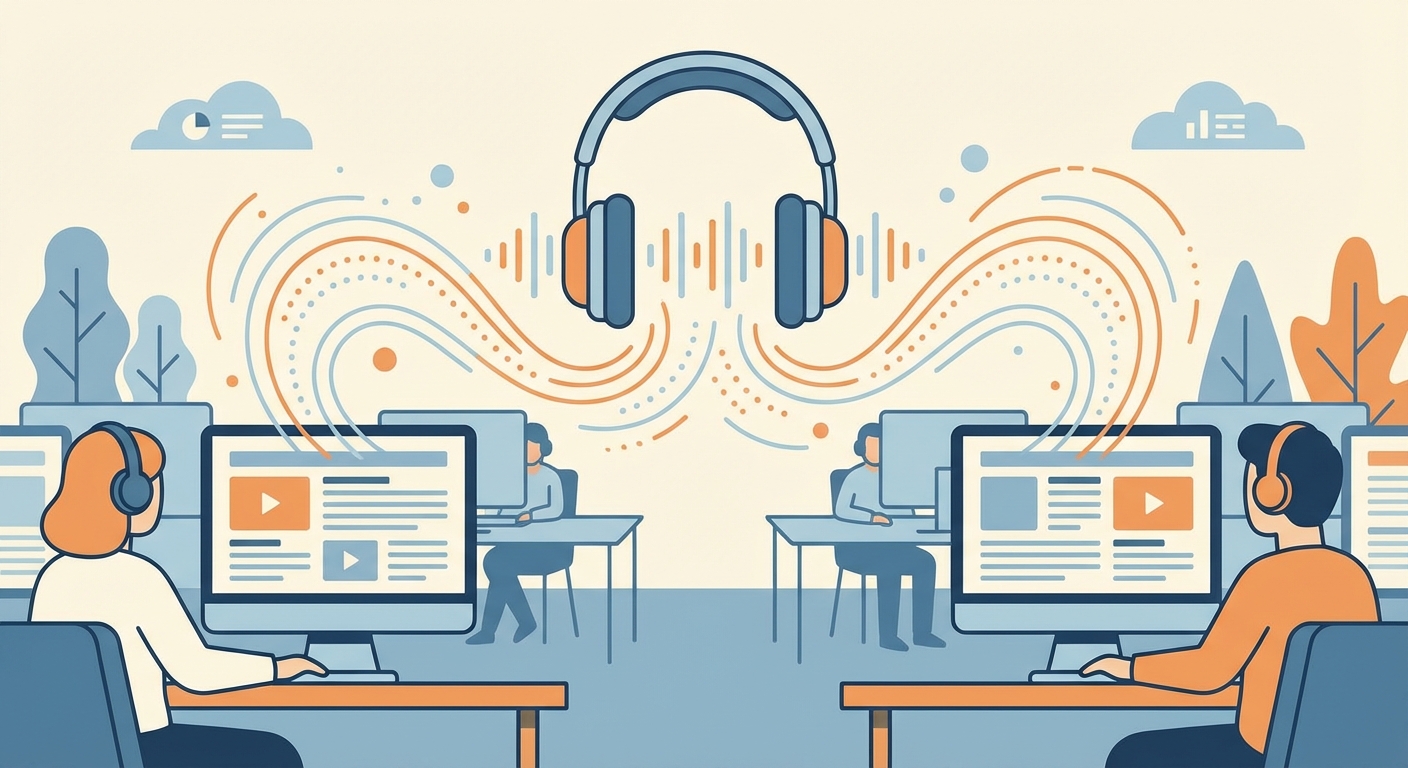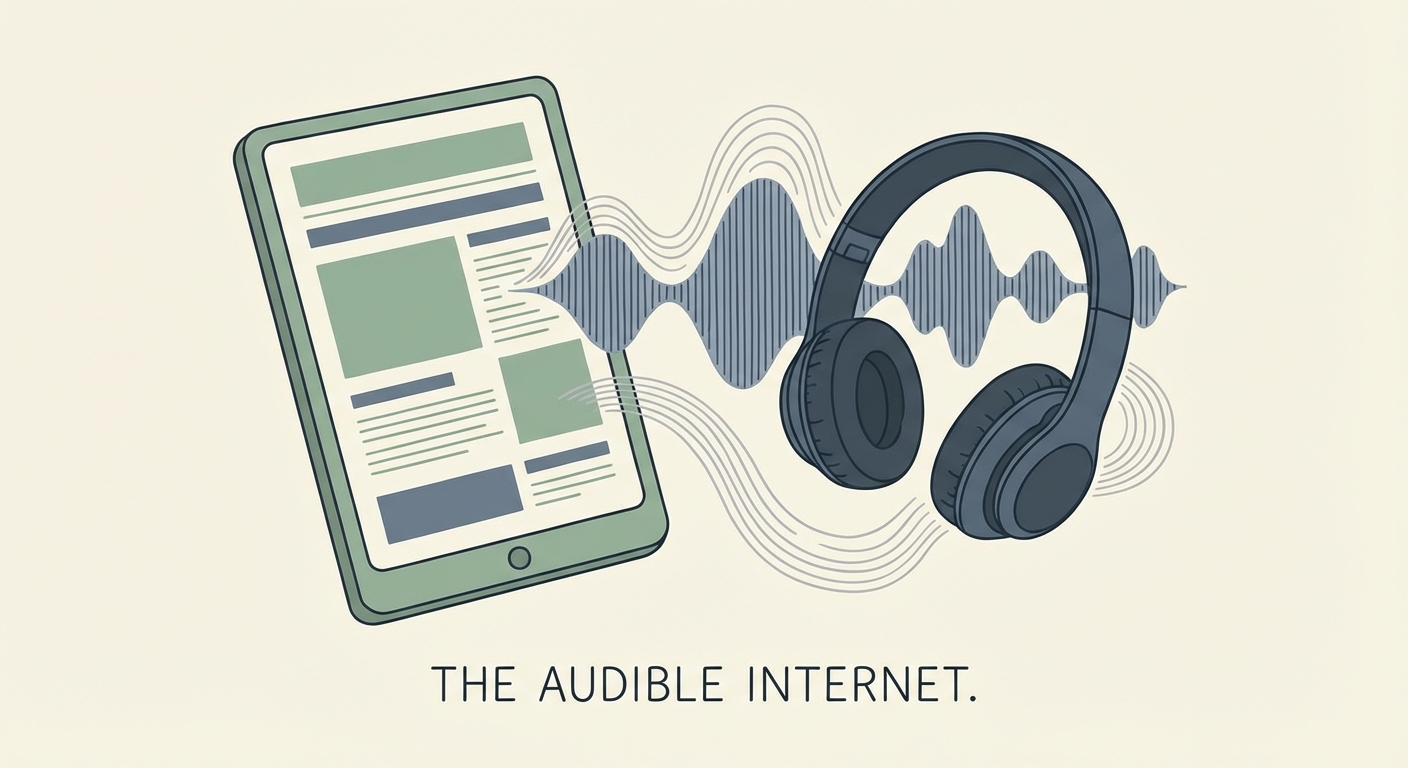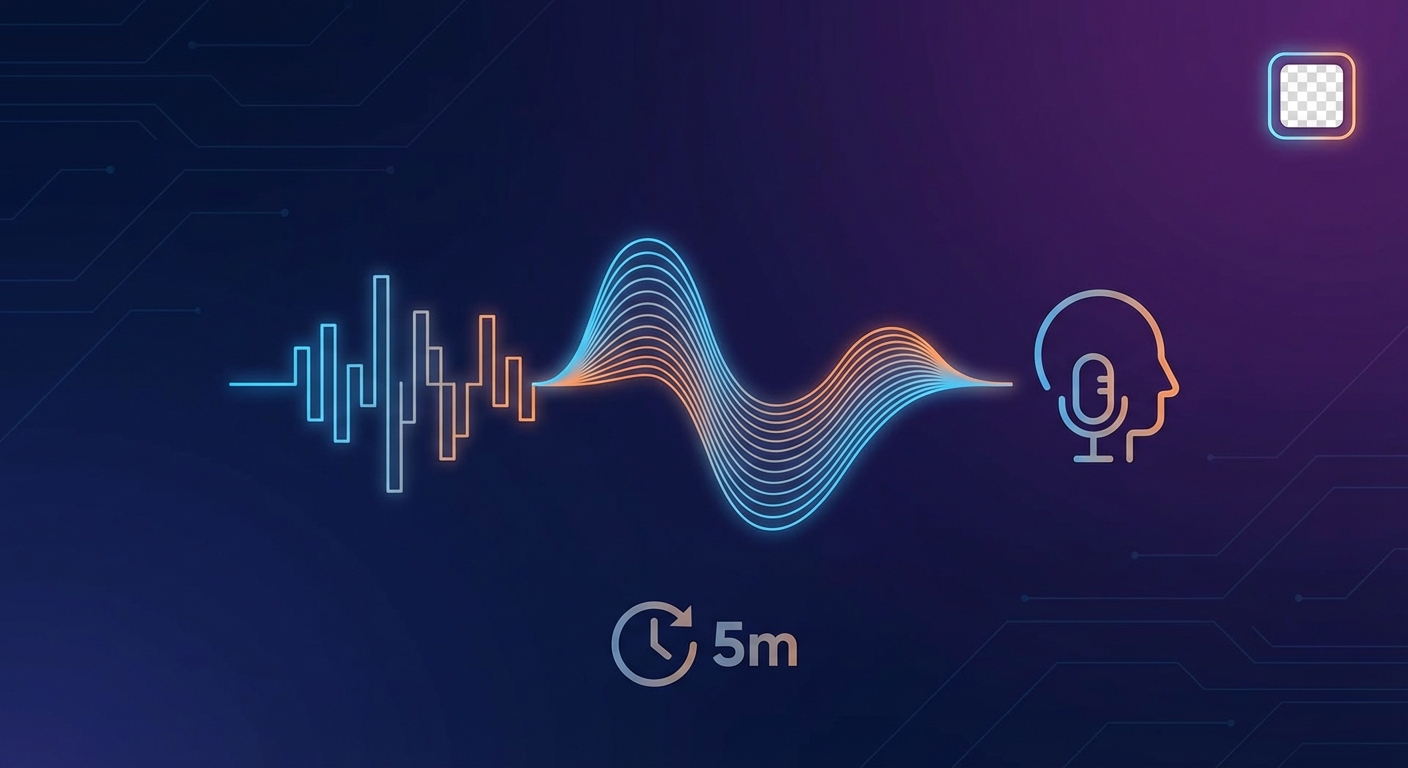Free Voice Cloning Options Available
TL;DR
- This article explores the realm of free voice cloning options, covering tools and platforms that allow you to replicate voices without breaking the bank. We'll dive into the capabilities, limitations, and ethical considerations of these free services, along with practical tips for getting the best results. Discover how to leverage voice cloning for content creation, accessibility, and more, all while staying within a budget.
Introduction to Voice Cloning
Voice cloning? Sounds like something out of a sci-fi movie, right? But it's here, and it's actually pretty cool.
It's basically creating a digital copy of your voice, or someone else's if you have permission, of course. The tech uses ai to analyze your speech patterns, tone, and all those little quirks that make your voice unique. Think about using it for voiceovers, podcasts, or even just messing around with character voices. It's not just for big studios either, you can do it at home with just a decent microphone and a computer. Speechify says it can clone your voice in seconds.
Let's see how you can get started with it for free.
Getting Started with Free Voice Cloning
So, you wanna clone your voice without shelling out cash? It's totally doable, but you gotta know where to look and what to expect. Here's a general rundown of how you'd go about it:
- Find a Free Tool: First, you'll need to pick a platform or software that offers free voice cloning. We'll talk about some options later, but generally, you'll be looking for services with a free tier.
- Record Your Voice: Most tools will need you to record a sample of your voice. This is super important – the clearer and more consistent your recording, the better your clone will be. Try to find a quiet spot and speak naturally.
- Upload and Process: You'll upload your audio file to the platform. Then, the ai magic happens! The tool analyzes your voice.
- Generate Your Clone: Once the analysis is done, you can usually generate new audio in your cloned voice. You might have some basic settings to play with, like speed or tone, depending on the tool.
- Listen and Refine: Give your generated audio a listen. Does it sound like you? If not, you might need to try re-recording your sample or adjusting settings if available.
It's a bit of a trial-and-error process, especially with free tools, but that's part of the fun!
Understanding Free Voice Cloning Limitations
Alright, so you're diving into the world of free voice cloning? That's cool, but let's be real, you get what you pay for, right? It's not always sunshine and rainbows.
Here's the lowdown:
- Quality can be hit or miss. Free services often don't have the super-advanced algorithms that the paid ones do. This means your cloned voice might sound a bit robotic, or just not quite like you.
- Input audio matters A LOT. If you're recording your voice with a potato, don't expect a crystal-clear clone. Clear audio in = better clone out. That's just how it is.
- Usage? Yeah, there's limits. Don't think you're gonna clone your voice and start a full-blown audiobook empire. Most free options slap restrictions on commercial use, how long the audio can be, or how much you can generate each day.
These limitations mean that while you can create a voice clone for personal projects or experimentation, you might run into roadblocks if you're aiming for professional-grade output or heavy commercial use. For instance, a short intro for a personal podcast might be fine, but generating hours of narration for a paid audiobook probably won't be feasible with free tools.
Top Free Voice Cloning Tools and Platforms
Voice cloning for free? Seems almost too good to be true, kinda like finding a twenty in your old jeans, right? But there are options out there, even if they're not always perfect. Let's dive into a couple of 'em.
ElevenLabs is another name you'll hear, and yeah, they do have a free tier. It's not gonna give you unlimited everything, but it's a start. You get access, but it comes with restrictions, of course. Think of it as a "try before you buy" kinda deal. You only get so many characters a month, and they do put the kibosh on certain commercial uses. You can check them out at ElevenLabs.
Resemble AI might have a free option floating around, but it's not always super clear. Sometimes these things change, you know? What's free today might have a price tag tomorrow. It's always worth digging around their site to see what's currently on offer though. You can find them at Resemble AI.
Then you got your open-source options. These can be a bit more "DIY," but hey, they're free! The downside? You might need some tech skills to get 'em up and running. Think of it like building your own furniture versus buying it pre-assembled. It can be rewarding, but it also might involve some sweat and maybe a few curse words. If you're into that, searching for "open source voice cloning github" can lead you down a rabbit hole of possibilities.
So, what's the verdict? Free voice cloning is possible, but it's all about managing expectations.
General Steps for Using Voice Cloning Tools
Okay, so you've got your audio sample ready. Now what? Time to unleash that clone!
- First things first, find where to upload your audio. This is usually pretty straightforward on most platforms, but sometimes sites hide it, you know? Look for buttons like "Upload," "Record," or "Add Audio."
- Next, mess with those settings! Some platforms give you knobs to tweak – think voice speed, clarity, or even adding emotion. Don't be shy, experiment a bit! For example, you might want to slow down the generated speech if it sounds too fast, or adjust the pitch to match your natural voice better.
- Hit that generate button and brace yourself. It might take a sec, but soon you'll be hearing a digital version of you.
- Finally- give it a listen! Does it sound like you after a bad cold, or is it actually kinda good?
Ethical Considerations and Best Practices
Okay, so, voice cloning is cool and all, but let's keep it ethical, yeah? It's like borrowing a friend's shirt, you gotta ask first.
- Always get consent before cloning someone's voice. Seriously, this is super important.
- Don't use cloned voices for anything shady or deceptive. No impersonating folks or spreading misinformation, okay?
- Be upfront; if you're using a cloned voice, tell people. Transparency goes a long way.
Basically, don't be a jerk with this tech; use your powers for good, not evil.





